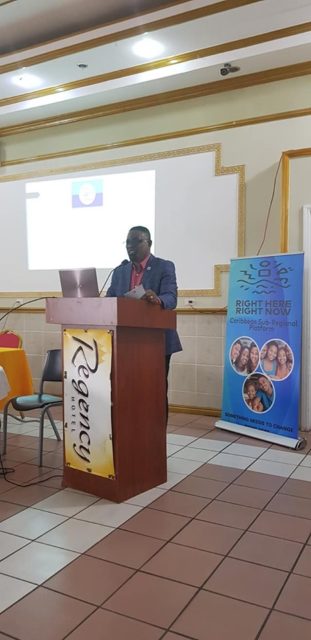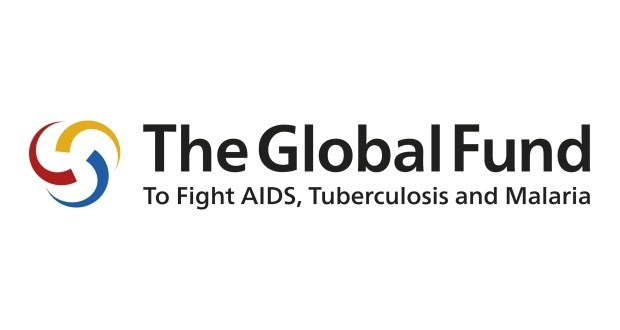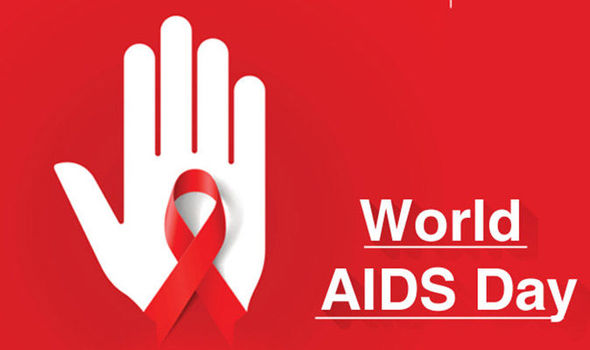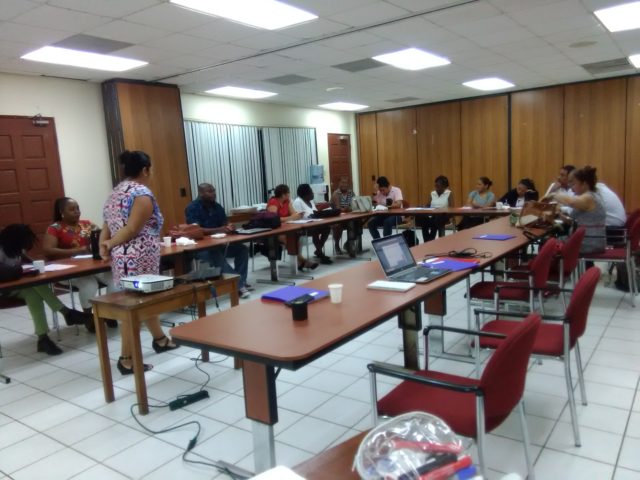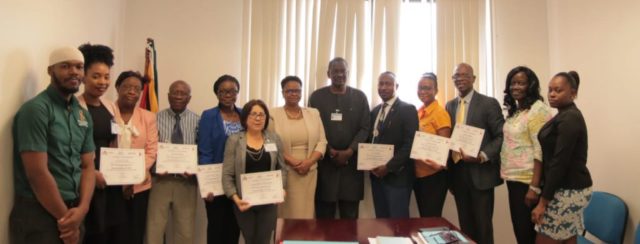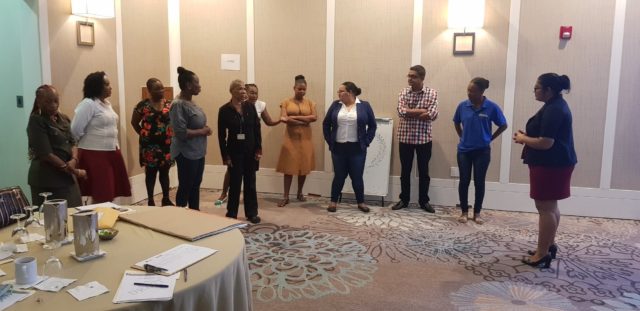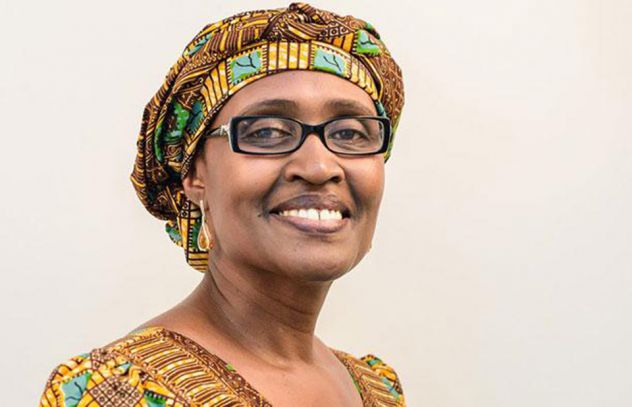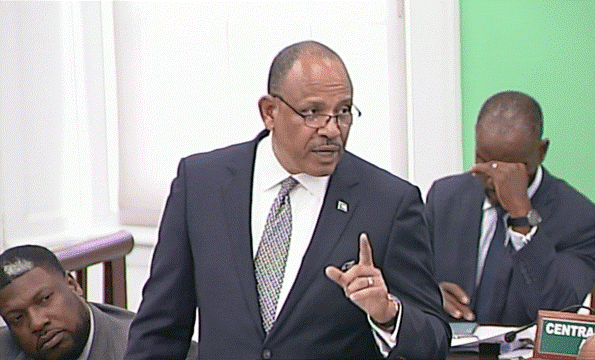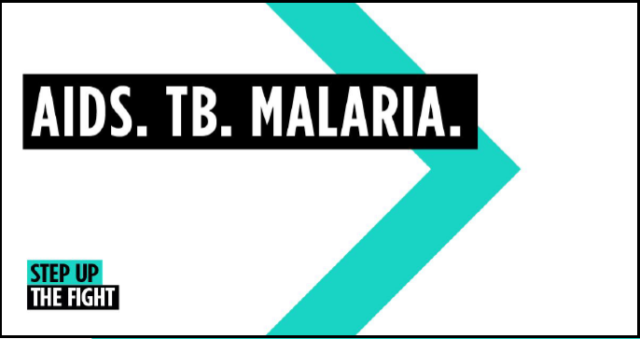The Caribbean Right Here, Right Now (C RHRN) Platform held a capacity building exercise for youth advocates from the Region, including CARICOM Youth Ambassadors on 7 October 2019 in Georgetown Guyana.
PANCAP Director Dereck Springer presented on CARICOM Governance, Oversight Bodies and Participatory Mechanisms as well as the major initiatives of PANCAP in the Region regarding Youth and Sexual and Reproductive Health and Rights (SRHR). The purpose of the training was to improve the capacity of young people in navigating regional spaces of influence, especially CARICOM with the aim of fulfilling the objectives of C RHRN.
The Caribbean Right Here Right Now (C RHRN) platform was established on 19 October 2016. The platform is comprised of 12 Feminist, youth-led, and youth-oriented organizations with specializations in sexual and reproductive health and rights (SRHR), youth, women, and lesbian, gay, bisexual, and transgender (LGBT) issues. The hosting organization, CAFRA, operates in 13 countries in the sub-region. The 12 platform members operate in nine specific Caribbean countries including Curacao, Dominican Republic, Guyana, Haiti, Jamaica, St. Lucia, Suriname, St. Vincent and Grenadines and the Republic of Trinidad and Tobago.
Member organizations have a record of success working with youth to design and execute research, conduct advocacy planning and communication, undertake capacity-building, and execute public campaign interventions focusing on comprehensive sexuality education (CSE), safe and legal abortion, and LGBT rights at local, sub-regional, regional, and international levels. These experiences link the work of the Platform members to core values of the global RHRN platform which are gender equality and a gender transformative approach, meaningful youth participation (MYP), human rights-based approach, inclusiveness and diversity, and focus on sensitive issues.
For more information, visit the C RHRN Facebook page:

